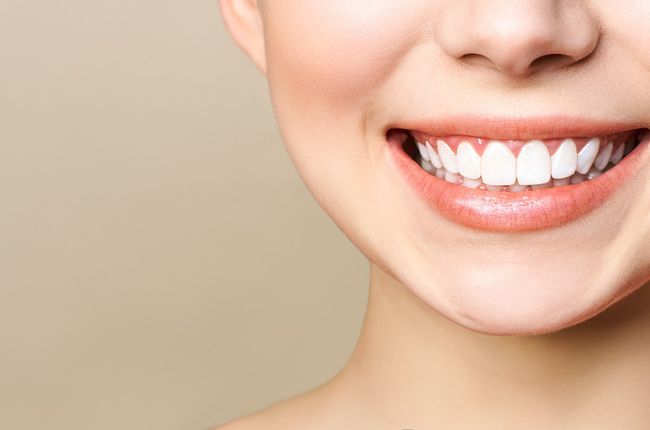Dental Crowns in Modesto CA

Do you know, tooth enamel is the hardest substance in the body? Tooth enamel is even stronger than your bone and is composed of 96 percent mineral - a durable combination of calcium, phosphorous and different minerals, making it durable and damage-resistant.
However, they can still be prone to damage due to different reasons, including aging, genetics, certain diet habits, and poor oral hygiene. In some cases, the natural teeth can thus become damaged or weakened beyond repair and must be reinforced through a dental restoration process.
What is a Dental Crown?
In dentistry, a dental crown is a cap that is placed over a damaged tooth to restore its appearance or strength. Dental crowns are designed in the shape of a tooth and can be made from metal, porcelain fused to metal, resin, or ceramic.
Dental crowns can treat a variety of dental problems. A tooth that is weak from decay can benefit from a crown that will help prevent the tooth from breaking. A crown can also be used to hold together parts of a tooth that is already broken. Crowns can also be used in combination with other dental treatments, such as to hold a bridge in place or cover a dental implant.
Types of Dental Crowns
Dental crowns can be made of different materials that include:
- Porcelain-fused-to-metal Crowns
- Metal-Alloy & Gold Crowns
- Porcelain Crowns
- Resin Crowns
- Ceramic Crowns
Treatment Process
The treatment process for dental crown restorations is mentioned below:
- During the initial visit to the dentist, our dentist will thoroughly analyze your teeth with a visual exam, oral health assessment, and X-rays.
- The dentist then prepares the tooth by drilling any old fillings and cleaning out decay. It is then shaped and altered for the porcelain crown.
- The dental crown is custom-made in the laboratory to match the tooth.
- The dentist fit a temporary crown until the final visit, where the permanent crown is tried on and adjusted before being cemented onto the tooth.
How long do crowns last?
The non-metal materials appear more natural in the mouth, though porcelain-fused-to-metal can be a compromise between the durability of metal and the natural appearance of porcelain. Dental crowns can last for many years with proper caution and care.
After treatment care
After treatment, patients may sometimes experience temporary sensitivity to heat and cold. You can use a toothpaste designed for sensitive teeth to ease the pain. If you take care of your crowns well, they can last between 5 and 15 years, depending on oral hygiene, general eating, teeth-grinding or teeth-clenching habits, and other kinds of wear and tear. In addition to this, habits like biting nails or chewing ice can reduce the lifespan of your crown. Also, regular dental care such as brushing and flossing is important as the crowned tooth is still prone to decay or gum disease.
Please get in touch with us through online consultation or by calling us at (209) 554-1700, and we’ll guide you further.
Office Hours
MON - FRI 9:00 am - 6:00 pm
SAT - SUN Closed






